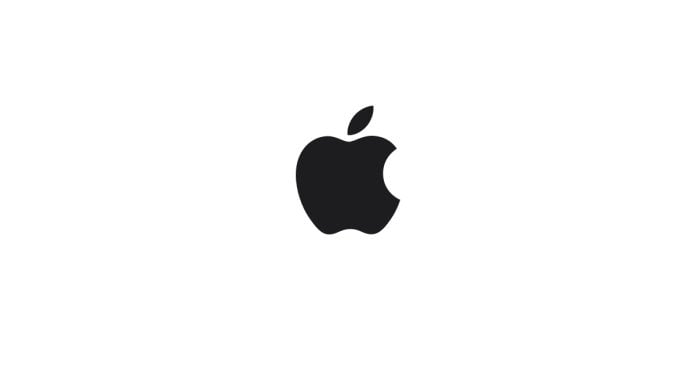Apple recently released its third-quarter results, showcasing significant developments that could have important implications for small business owners. With its ongoing commitment to innovation and technology, Apple continues to influence various sectors, providing opportunities and challenges for small enterprises navigating today’s competitive landscape.
Apple’s revenue for the third quarter scored an impressive increase, leading to a notable quarterly dividend declaration that signals the company’s robust financial health. "Our results reflect our commitment to innovation and our focus on delivering the best products and experiences to our customers," remarked a company spokesperson. This robust performance may be a vital indicator for small business owners, especially those relying on Apple products for critical operational needs.
One key benefit of Apple’s strong market position is its ecosystem of interconnected devices and services that can streamline operations for small businesses. Apple’s products, ranging from iPhones to Macs, integrate seamlessly, allowing for enhanced productivity and efficiency. Companies using Apple devices often report smoother communication, better data management, and easier collaboration. For small business owners, adopting this cohesive technology can lead to improved employee performance and customer interactions, making it easier to provide excellent service.
Apple’s ongoing innovation in software, evidenced by updates across its platforms such as iOS, iPadOS, and macOS, can further bolster productivity. These enhancements often introduce features beneficial for small businesses, including advanced security measures, better data analytics capabilities, and user-friendly interfaces that simplify daily operations. Utilizing tools like Apple Pay can also help small enterprises improve customer payment experiences and enhance overall efficiency.
However, alongside these advantages, small business owners should remain cognizant of potential challenges. The fast-paced world of technology can pose risks, including dependency on third-party suppliers and potential disruptions in services. As expressed in Apple’s forward-looking statements, "risks and uncertainties include… reliance on third parties for components, technology, manufacturing, applications, support, and content." This cautionary note may encourage small businesses to diversify their technology investments, avoiding over-reliance on any single vendor.
Moreover, ongoing economic uncertainties, including geopolitical tensions and public health issues, could affect pricing and availability of devices. Small businesses that heavily invest in the Apple ecosystem should stay adaptable to fluctuations in the market and remain prepared to pivot if necessary.
Data protection remains a critical concern for businesses in today’s digital age. Apple has taken steps to enhance security and privacy measures, but small business owners must be vigilant in implementing their own security protocols. As technology systems evolve, ensuring that robust safeguards are in place will be vital to protecting sensitive information and maintaining customer trust.
Apple’s commitment to environmental responsibility also resonates with a growing trend among consumers favoring sustainable business practices. Implementing Apple’s eco-friendly technologies can not only reduce a company’s carbon footprint but also appeal to environmentally conscious customers. Small business owners may find that integrating such practices can enhance brand loyalty and customer satisfaction.
Overall, while Apple’s positive third-quarter performance is a reassuring signal for many, it also highlights the need for small businesses to remain agile in their strategies. As they navigate both opportunities and challenges posed by rapid technological advancements, staying informed and adaptable will be crucial for continued growth and success.
For more detailed information on the company’s third-quarter results, you can access the full press release at Apple’s Newsroom.
Image Via Apple



